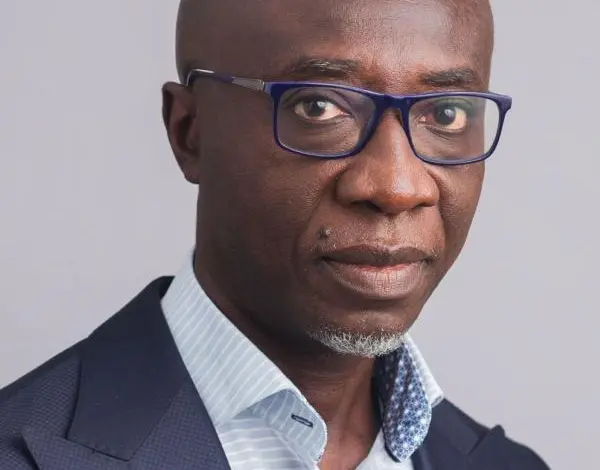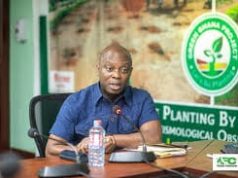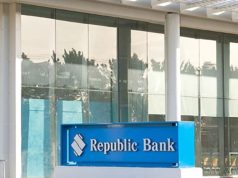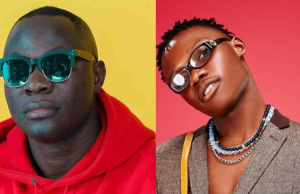A recent workshop in Tamale has shed light on a pressing issue within Ghana’s higher education sector: many academics and students lack a clear understanding of their rights and responsibilities regarding academic freedom.
Organized by the Centre for Democratic Development (CDD-Ghana), the event brought together educators, administrators, and legal experts to address gaps in knowledge and practice that are undermining the country’s academic environment.
Associate Professor Kwadwo Appiagyei-Atua, a law expert at the University of Ghana Law School, was among the key speakers. He expressed concern over the widespread confusion among academics about their rights, attributing the problem to poorly defined provisions on academic freedom in university statutes. “Many academics are unaware of what academic freedom truly entails, and this lack of clarity can lead to human rights violations,” he said.
Appiagyei-Atua emphasized that academic freedom is not just a privilege for educators but a right enshrined in Ghana’s 1992 Constitution under the broader umbrella of freedom of expression. He urged universities to align their policies with constitutional provisions to ensure that both lecturers and students can operate in an environment that respects and protects their rights.
Power Imbalances and Student Rights
The workshop also tackled the issue of power imbalances in classrooms, where lecturers often hold significant authority, and students fear asserting their rights due to potential academic repercussions. Appiagyei-Atua noted that this dynamic stifles open dialogue and critical thinking, which are essential for academic growth.
He also criticized the restrictive policies at Ghana’s colleges of education and nursing training institutions, which, despite being upgraded to tertiary status, continue to impose outdated regulations on students. “These institutions need to recognize that their students are now tertiary-level learners and should be treated as such, with their rights fully respected,” he said.
Legal Frameworks and Institutional Accountability
William Nyarko, Executive Director of the Africa Centre for International Law and Accountability, echoed these sentiments, stressing the importance of aligning institutional policies with legal frameworks. He cited a recent case where a disabled student was denied admission to a university and had to resort to legal action to secure their rights. “Such incidents highlight the need for institutions to be proactive in ensuring their policies do not violate constitutional rights,” Nyarko said.
The workshop also addressed broader issues of inclusivity, including gender and sexual minority rights, accessibility for persons with disabilities, and freedom of expression on campus. Participants were equipped with tools and strategies to foster a more inclusive academic environment and to challenge unlawful restrictions.
Positive Feedback
The event received high praise from attendees, including Latifatu Akilu Mohammed, Vice Principal of Kpembe Nursing and Midwifery Training College, who described the workshop as “informative and enlightening.” Kibora Sylvia, Women’s Commissioner at Tamale College of Education, also expressed gratitude, noting that she had gained valuable insights into protecting her rights and those of her colleagues.
The workshop concluded with a strong call for Ghanaian universities to recognize that constitutional rights extend to their campuses. Academics and students were encouraged to familiarize themselves with their rights and to hold institutions accountable for any violations.
As Ghana strives to strengthen its higher education system, the need for clarity on academic freedom and the enforcement of constitutional rights has never been more urgent. The Tamale workshop marks a significant step toward addressing these challenges, but as experts noted, sustained efforts will be required to create a truly inclusive and rights-respecting academic environment.
Send your news stories to newsghana101@gmail.com
Follow News Ghana on Google News

















